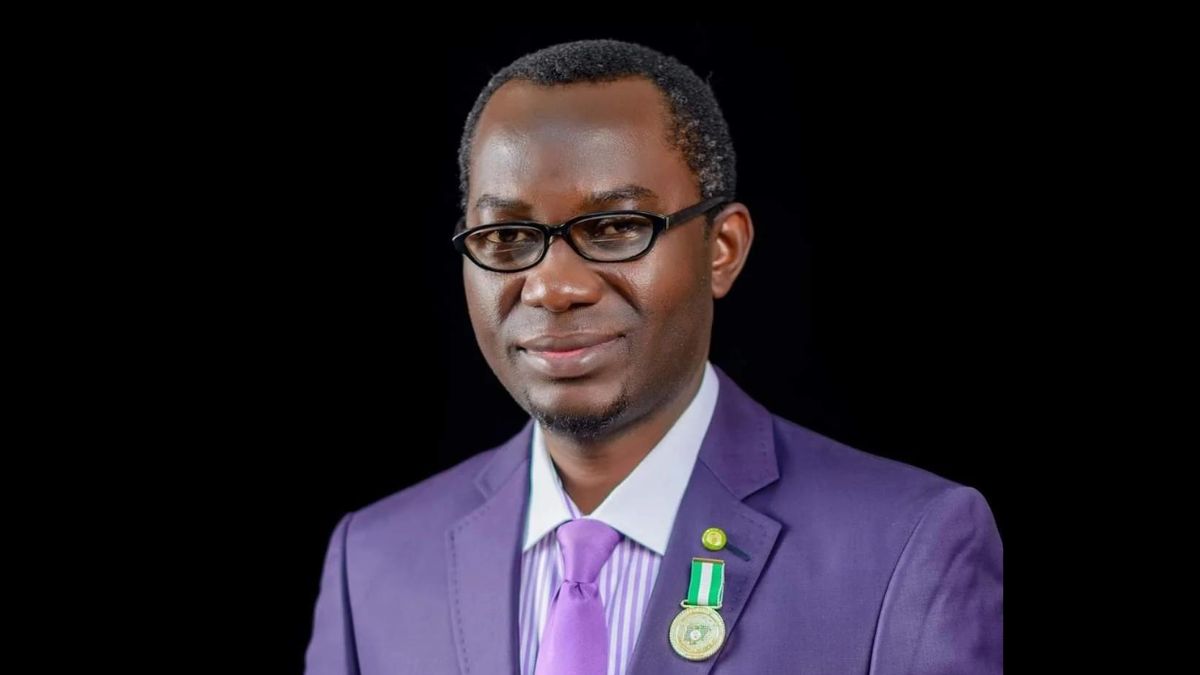Dr. Osahon Enabulele, President of the World Medical Association (WMA), emphasized the imperative of bolstering global health security by fortifying healthcare systems and the healthcare workforce worldwide.
Dr. Enabulele urged political leaders and governments to move beyond symbolic declarations and take tangible, visible actions to fulfill their commitments.
During his opening remarks at the scientific session of the 74th General Assembly of the World Medical Association, jointly organized by the Rwanda Medical Association and the WMA in Kigali, Dr. Enabulele underscored the increasing importance of global health security. This significance has arisen due to the spread of new, emerging, and re-emerging infectious diseases, the influence of global trade and travel, including the movement of animals across borders, the health implications of climate change, and the growing challenge of antimicrobial resistance.
He stated, “Global Health Security entails building resilient health systems with an integrated robust physician-led multi-disciplinary primary health care system, and an effective diagnostic and surveillance capacity.”
Dr. Enabulele also elaborated that global health security necessitates the establishment of resilient healthcare systems that are inclusive, adaptable, efficient, effective, and capable of meeting current expectations and addressing present and future challenges. These challenges include weak healthcare systems, physician and healthcare professional burnout, antimicrobial resistance, and the impact of climate change.
He further emphasized the importance of expanding universal access to healthcare and cultivating a resilient healthcare workforce that is well-resourced, healthy, motivated, and operates in safe and supportive working conditions.
Achieving global health security demands sustained investments in all aspects of healthcare systems, encompassing healthcare infrastructure, medications, diagnostics, vaccines, and health information and surveillance systems.
Dr. Enabulele also emphasized the significance of good governance and genuine political commitment to the health and well-being of citizens as essential components of global health security.
While acknowledging the efforts made to establish a post-COVID-19 Pandemic treaty and the recently endorsed political declaration on pandemic prevention, preparedness, and response, Dr. Enabulele called on political leaders and governments worldwide to move beyond mere non-binding political declarations and take concrete, visible actions.
He stressed the need for addressing global health inequalities, inequities, and disparities and promoting inclusivity and equity. Dr. Enabulele cited the critical issue of healthcare workforce shortages worldwide, particularly in low- and middle-income countries, and urged for urgent attention to mitigate burnout and brain drain of physicians and healthcare professionals.
The World Health Organization estimates that by 2030, the world will require approximately 10 million more healthcare workers, with a significant portion of the deficit in low- and middle-income countries.
Dr. Enabulele raised questions about how to effectively manage push and pull factors related to healthcare workforce shortages, and called for ethical consensus and responsible management of this issue by governments on both sides of the divide.
He also recalled the vaccine nationalism and inequity observed during the COVID-19 pandemic, emphasizing that “no one is safe until everyone is safe.” Dr. Enabulele stressed the need for concrete actions to address this inequity and reinforce global cooperation and solidarity.
Regarding ongoing conflicts and wars, such as the Russia-Ukraine war, Dr. Enabulele highlighted their significance in shaping global health security. He called for sustained efforts to end these conflicts and wars, recognizing their impact on global health security.
In conclusion, Dr. Osahon Enabulele emphasized that global health security requires tangible actions, equitable healthcare access, and strong global cooperation to ensure the safety and well-being of all.




